Ethnic Russians in eastern Ukraine say attacked by govt. forces
Ethnic Russians in Ukraine’s Donbass region say government forces have repeatedly attacked them, but Kiev denies the allegation, amid growing security tensions between Moscow and the US-led NATO over Ukraine.
In 2014, Ukraine’s two regions of Donetsk and Luhansk - collectively known as the Donbass - were turned into self-proclaimed republics by ethnic Russians, leading to a bloody conflict between the government forces and the armed separatists.
Ukraine, as well as the European Union (EU) and the US, claims that Russia has a hand in the conflict that erupted in the Donbass and has so far killed more than 14,000 people. Moscow denies the allegation.
The armed conflict began when a wave of protests in Ukraine overthrew a democratically-elected pro-Russia government and replaced it with a pro-West administration. The majority in those areas refused to endorse the new administration.
On Thursday, representatives of the self-proclaimed Luhansk People's Republic said in a statement that Ukrainian government forces had opened fire on their positions in four separate incidents earlier in the day.
They claimed that the Ukrainian forces had used mortars, grenade launchers and a machine gun for launching the attacks, adding that they were establishing whether anyone had been hurt or killed.
“Armed forces of Ukraine have crudely violated the ceasefire regime, using heavy weapons, which, according to the Minsk agreements, should be withdrawn,” the statement further read.
In September 2014 and after extensive talks, Ukraine, Russia and the Organization for Security and Co-operation in Europe (OSCE) signed an agreement in Minsk, the capital of Belarus, to end the Donbass regional conflict and establish a lasting ceasefire. France and Germany, as part of the Normandy Format, mediated the agreement.
However, it failed to end the conflict and was thus followed with a new package of measures, called Minsk II, which was inked in February 2015. This second agreement also failed to stop the fighting, but the Normandy Format parties agreed that it remains the basis for any future resolution to the conflict in eastern Ukraine.
Later in the day, the Ukrainian government denied the accusations of having targeted positions of armed ethnic Russians in the Donbass.
“Despite the fact that our positions were fired on with prohibited weapons, including 122 mm artillery, Ukrainian troops did not open fire in response,” Reuters quoted a duty press officer of the Ukrainian Join Forces Operation as saying in a brief telephone interview.
Russia's lower house of parliament on Tuesday voted to ask Russian President Vladimir Putin to recognize the two self-proclaimed republics in the Donbass as independent. However, the Kremlin has signaled that the Russian leader has no immediate plans to do that.
The developments come as Russia and the US-led NATO are at odds over Ukraine. Western countries accuse Russia of preparing for an invasion of Ukraine by amassing 150,000 troops and armaments near the border with that country.
Rejecting the allegation, Moscow accused Washington of "baseless hysteria" and said the troop build-up is defensive as NATO has increased its activity near Russian borders.
Back in December last year, Moscow asked NATO not to allow Ukraine and other former Soviet countries to join the Western military alliance, and also to stop its military deployments to Ukraine and to roll back its forces from Eastern Europe, demanding legally binding guarantees.
The West, however, has flatly rejected the demands, emphasizing that NATO membership will remain open to Ukraine.
Putin has warned that the US is deliberately designing a scenario to lure Russia into a war over Ukraine, as the Kremlin has repeatedly reiterated that the expansion of the NATO military infrastructure in Ukraine constitutes a red line for Moscow and that any future expansion must exclude Ukraine and other former Soviet countries.
Blair distances himself from Trump’s $1bn ‘Board of Peace’ fee
US Justice Department refuses probe into killing of Minneapolis mother
VIDEO | Israel Gaza ceasefire violations
VIDEO | Gaza Solidarity Forum in Damascus calls for boycott of Israel over Gaza genocide
VIDEO | London memorial event highlights Gaza genocide
VIDEO | Press TV's news headlines
VIDEO | Istanbul demonstrators voice support for Iran amid US tensions
VIDEO | Israeli settlers attack Palestinian Bedouin community, injure 13


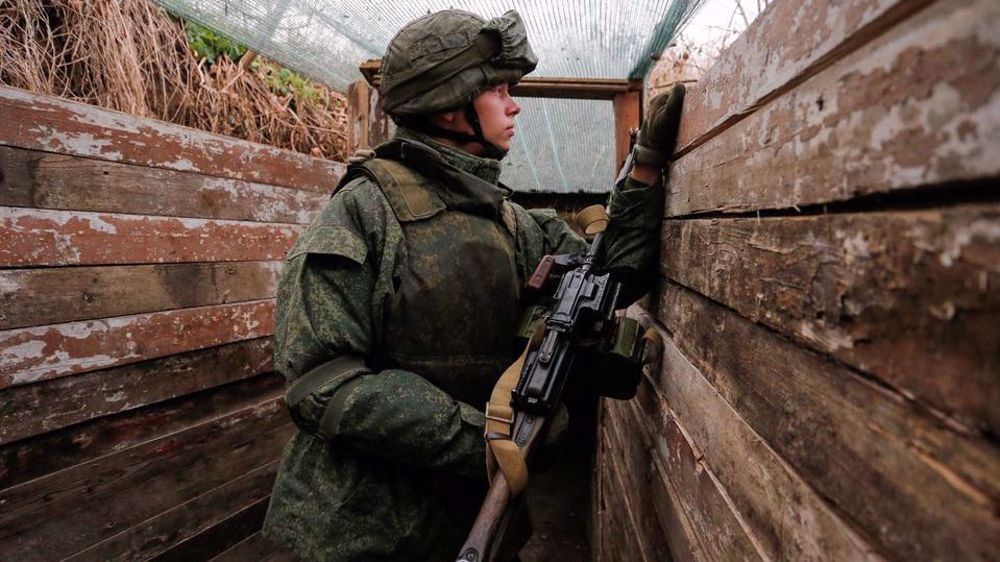
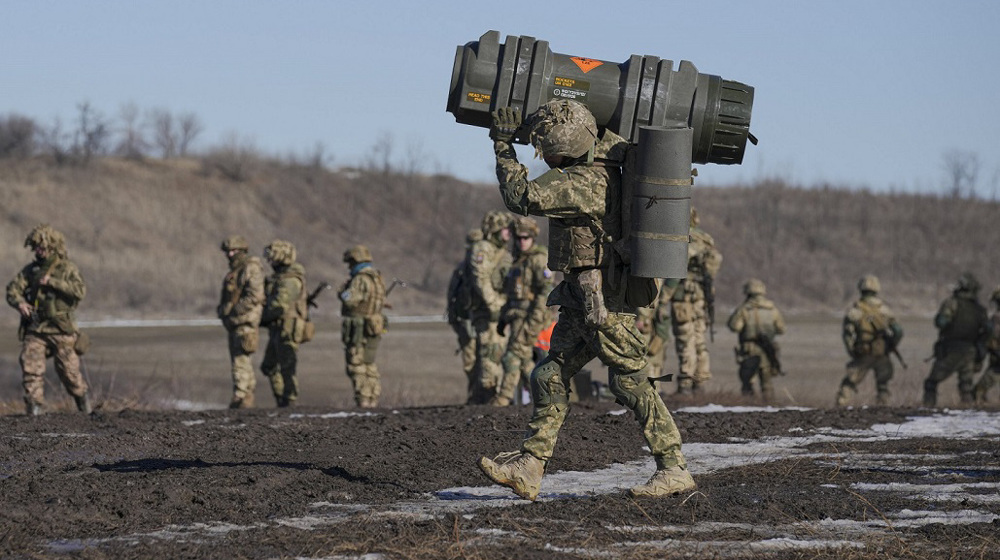
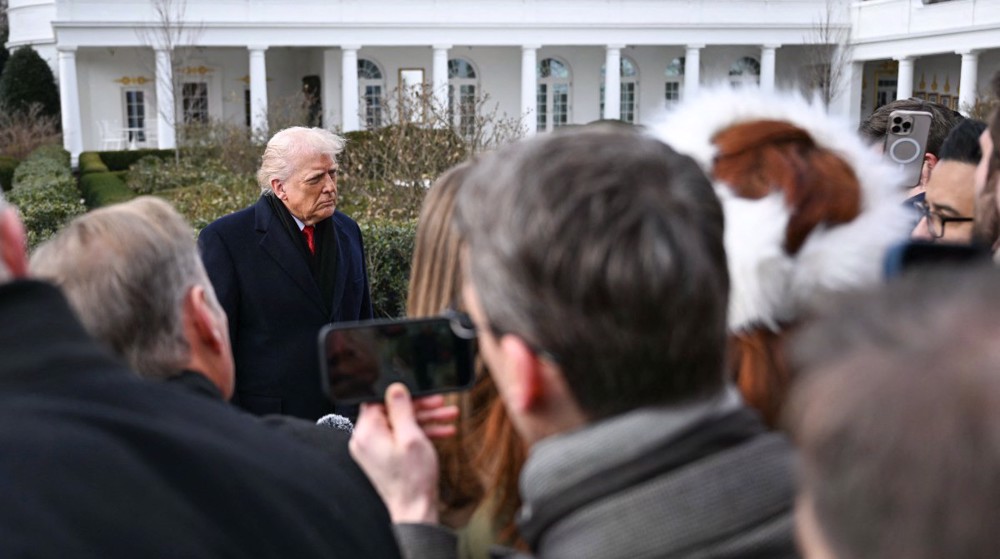
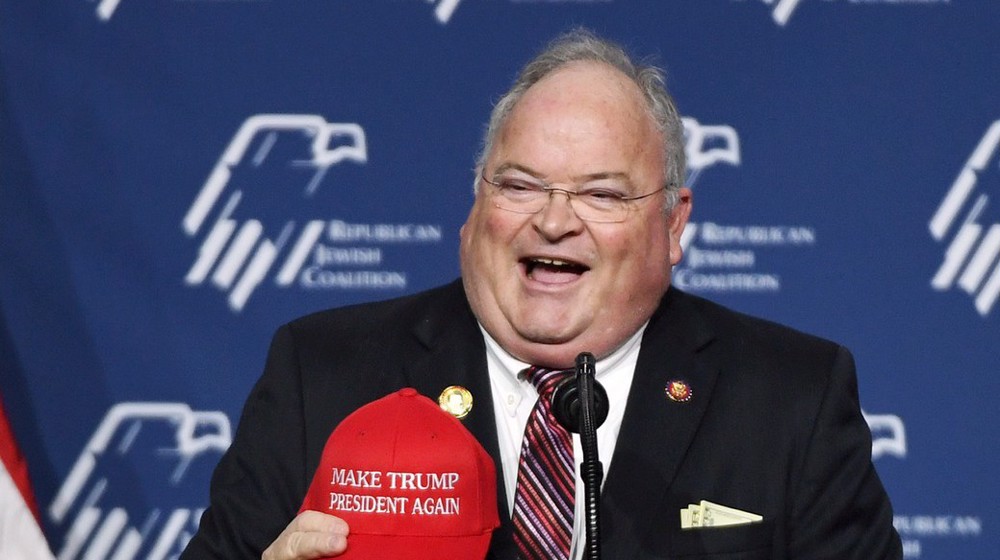
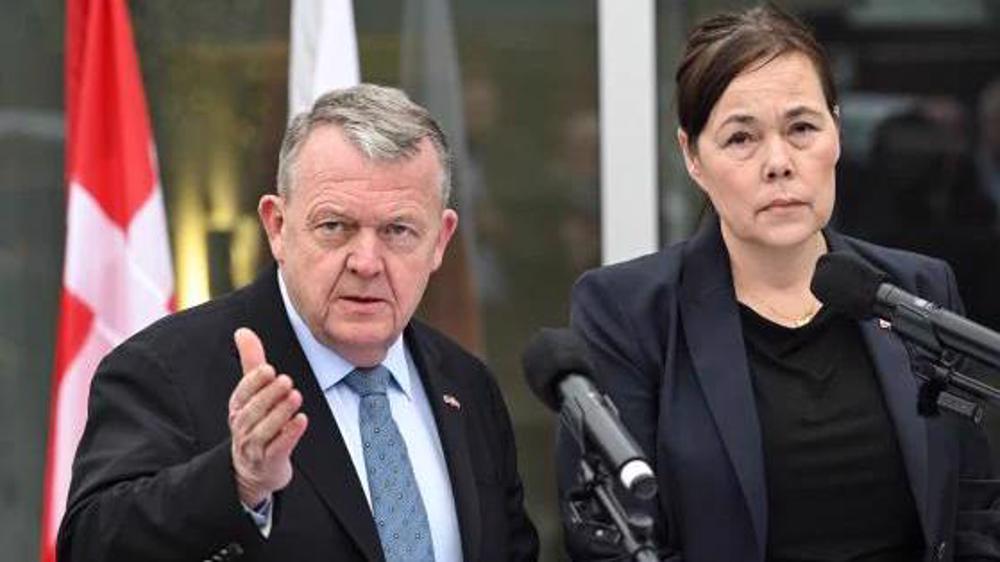




 This makes it easy to access the Press TV website
This makes it easy to access the Press TV website